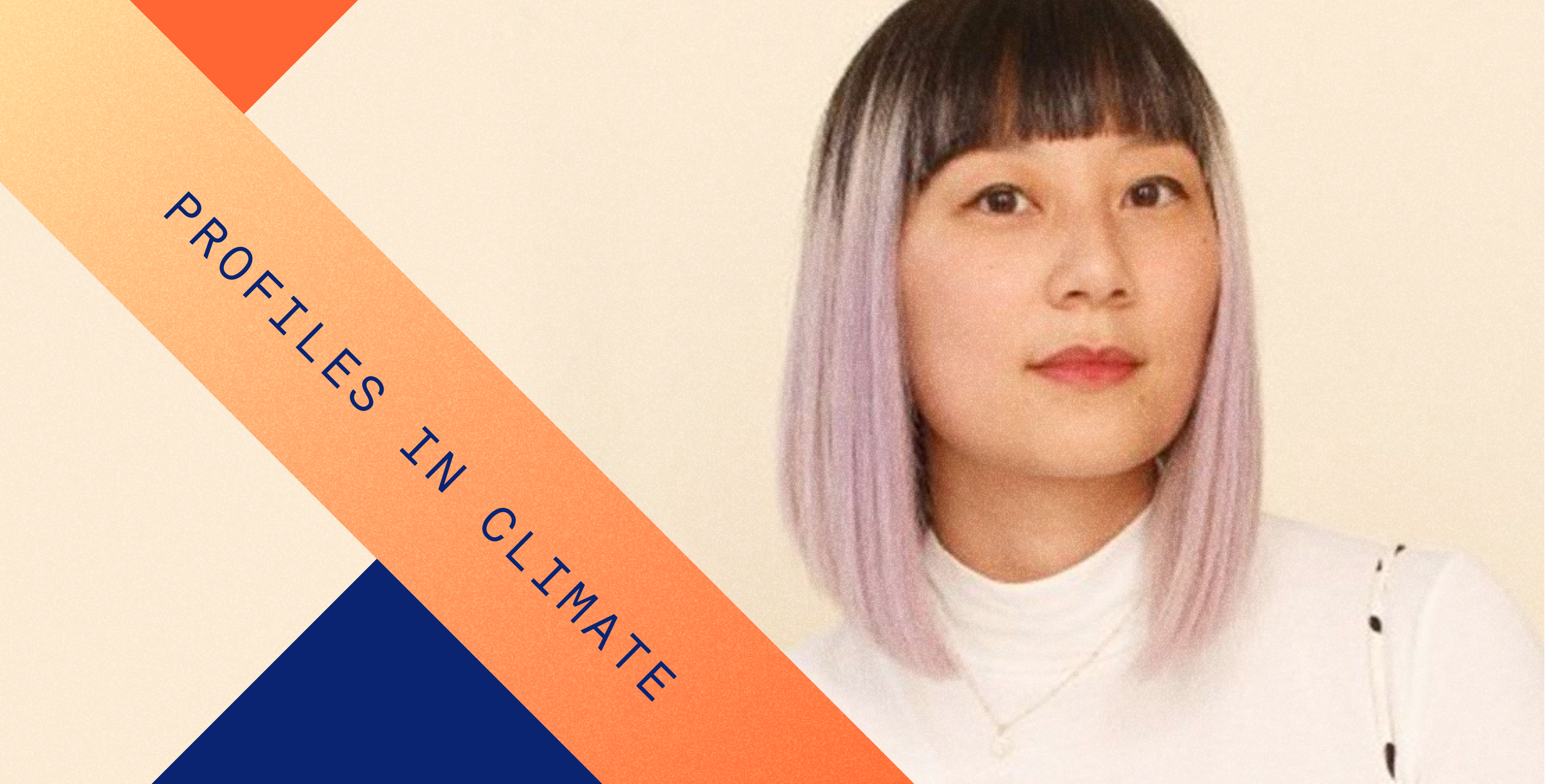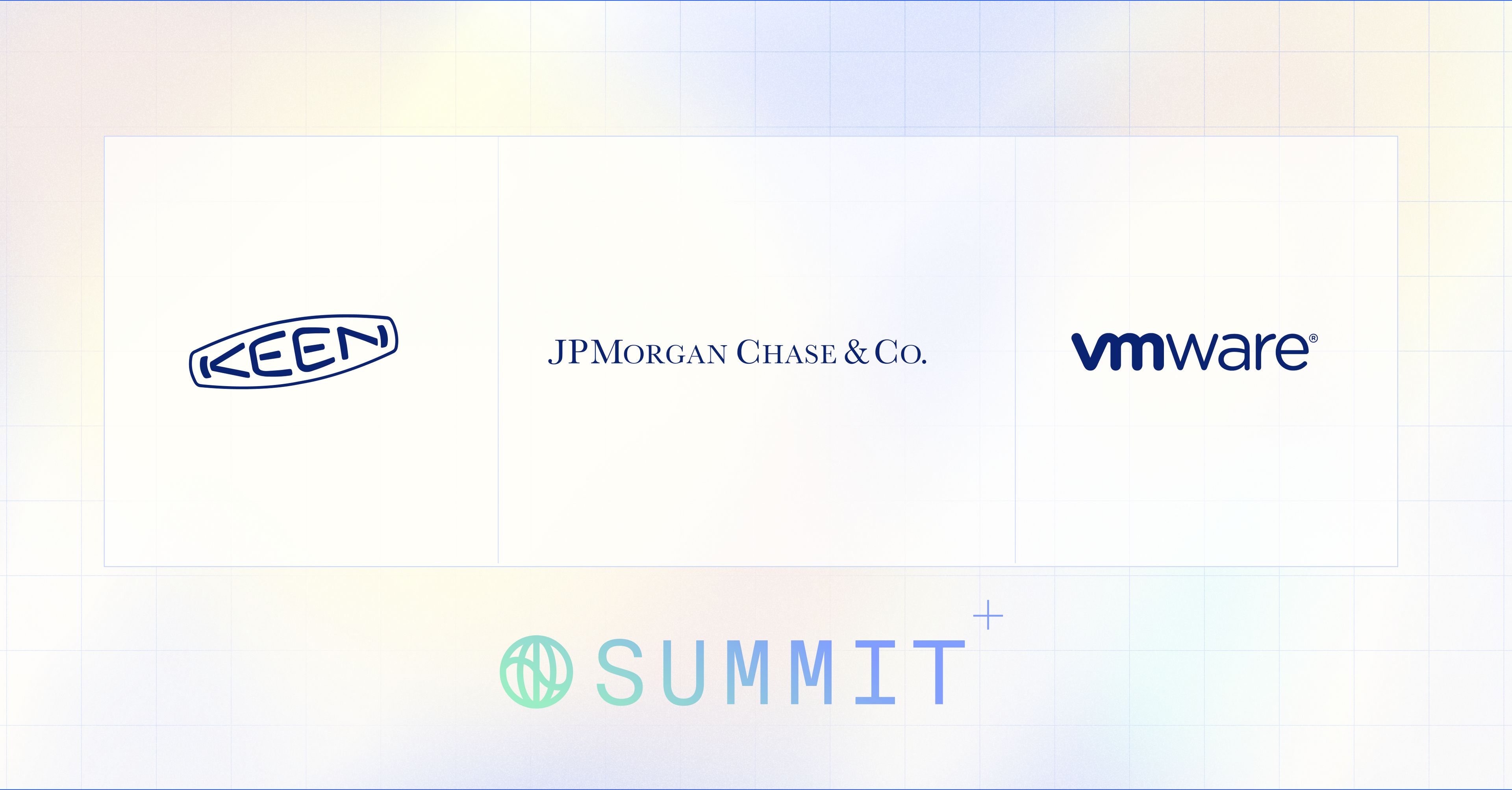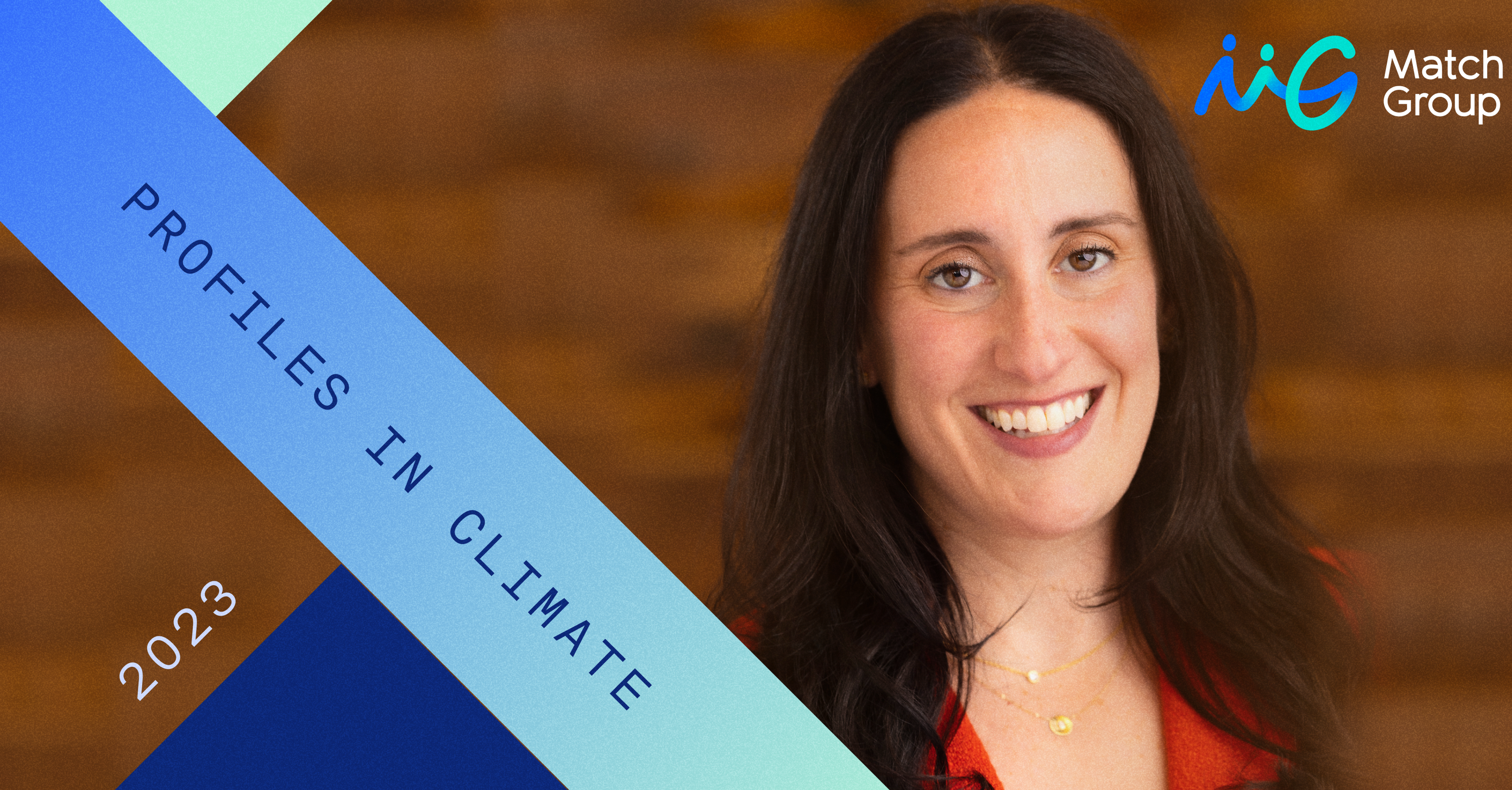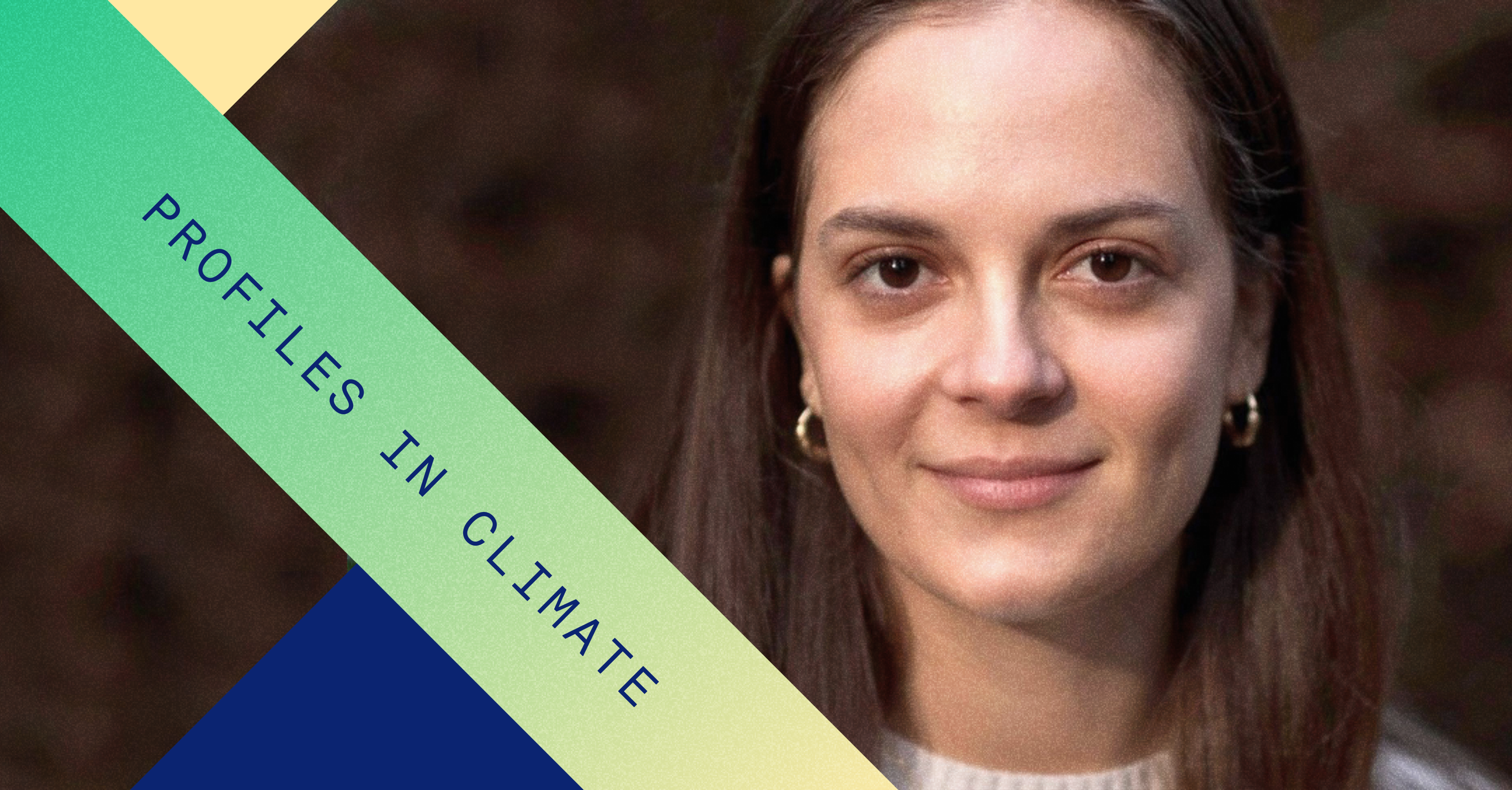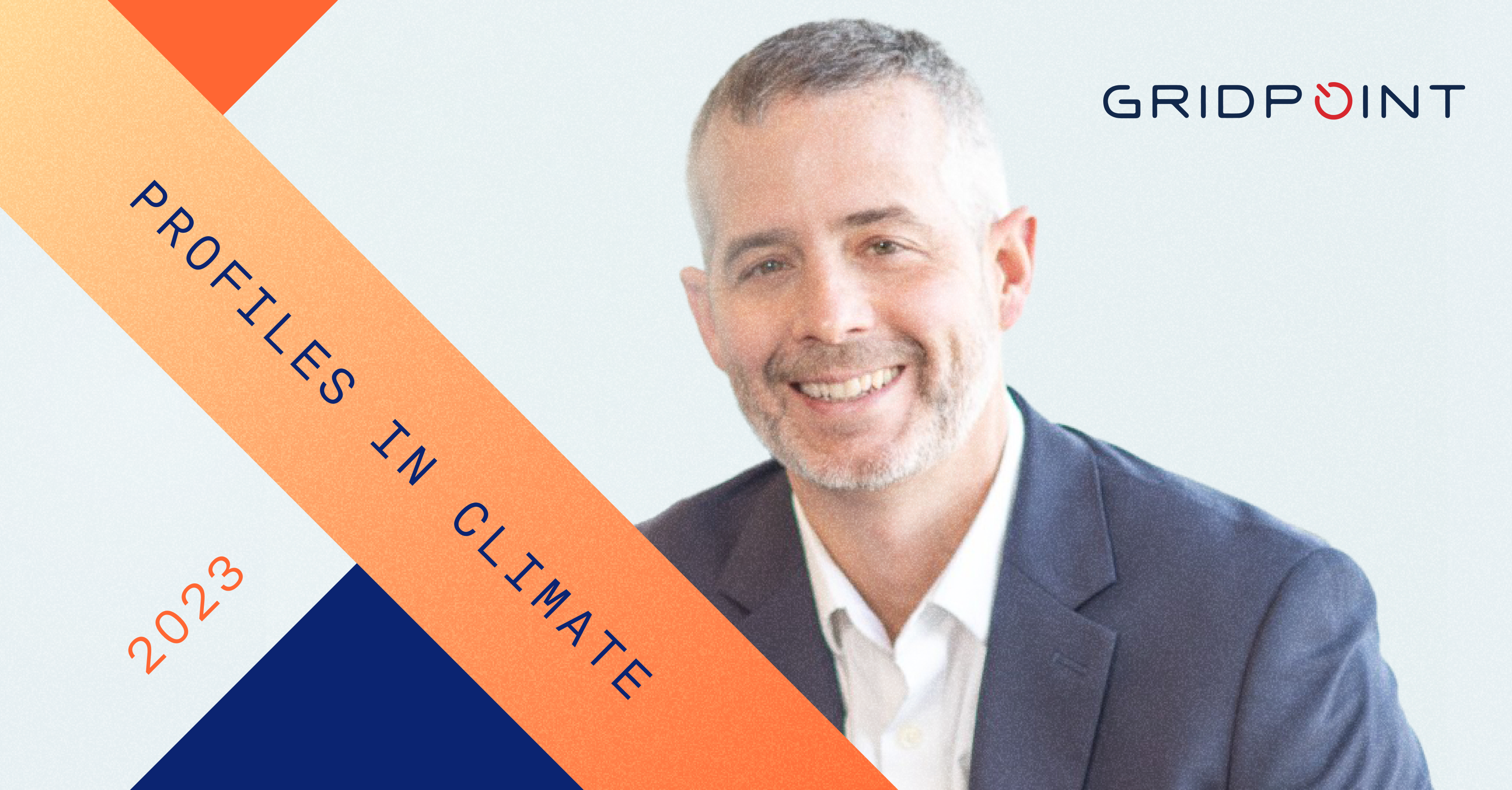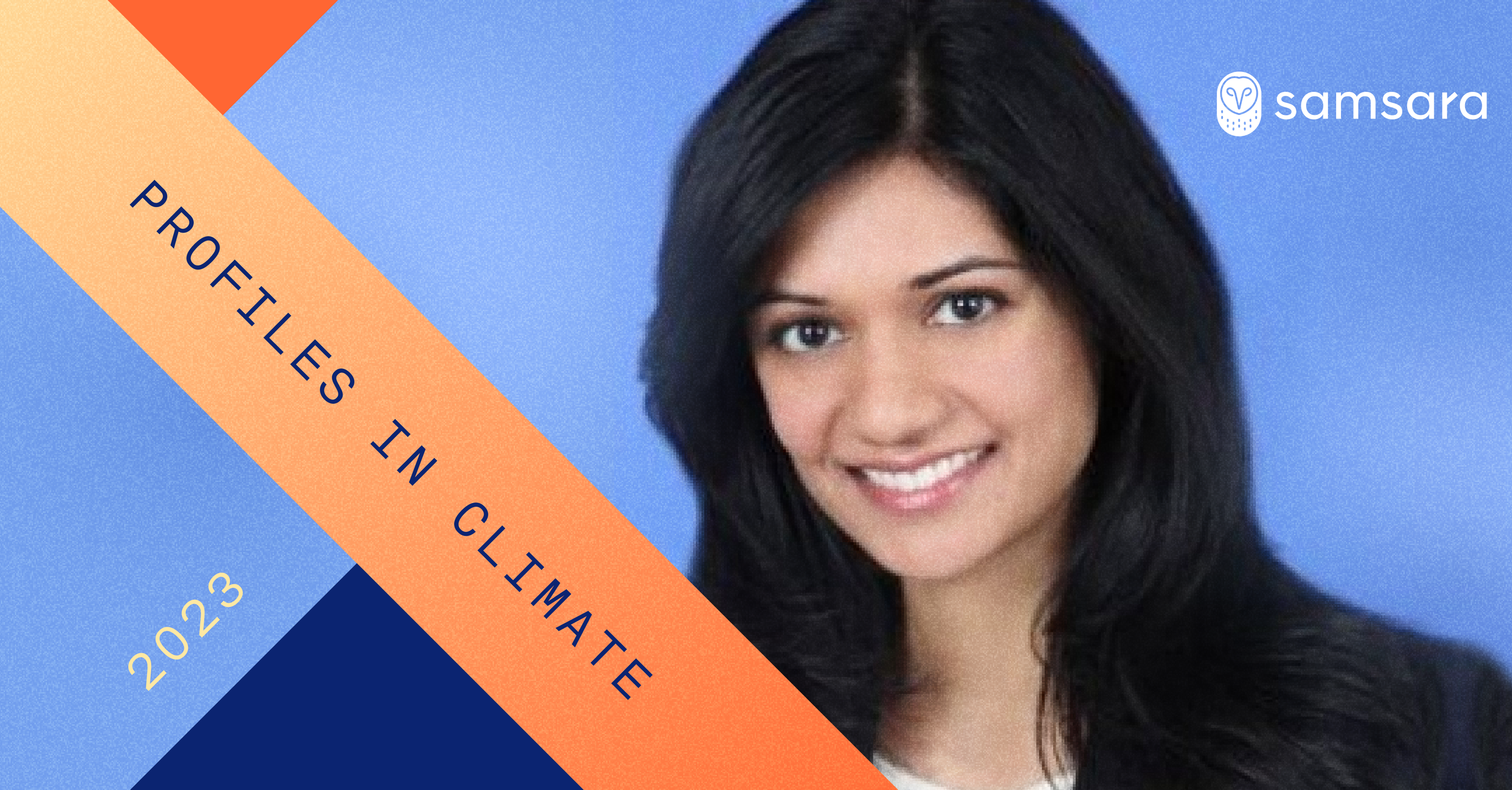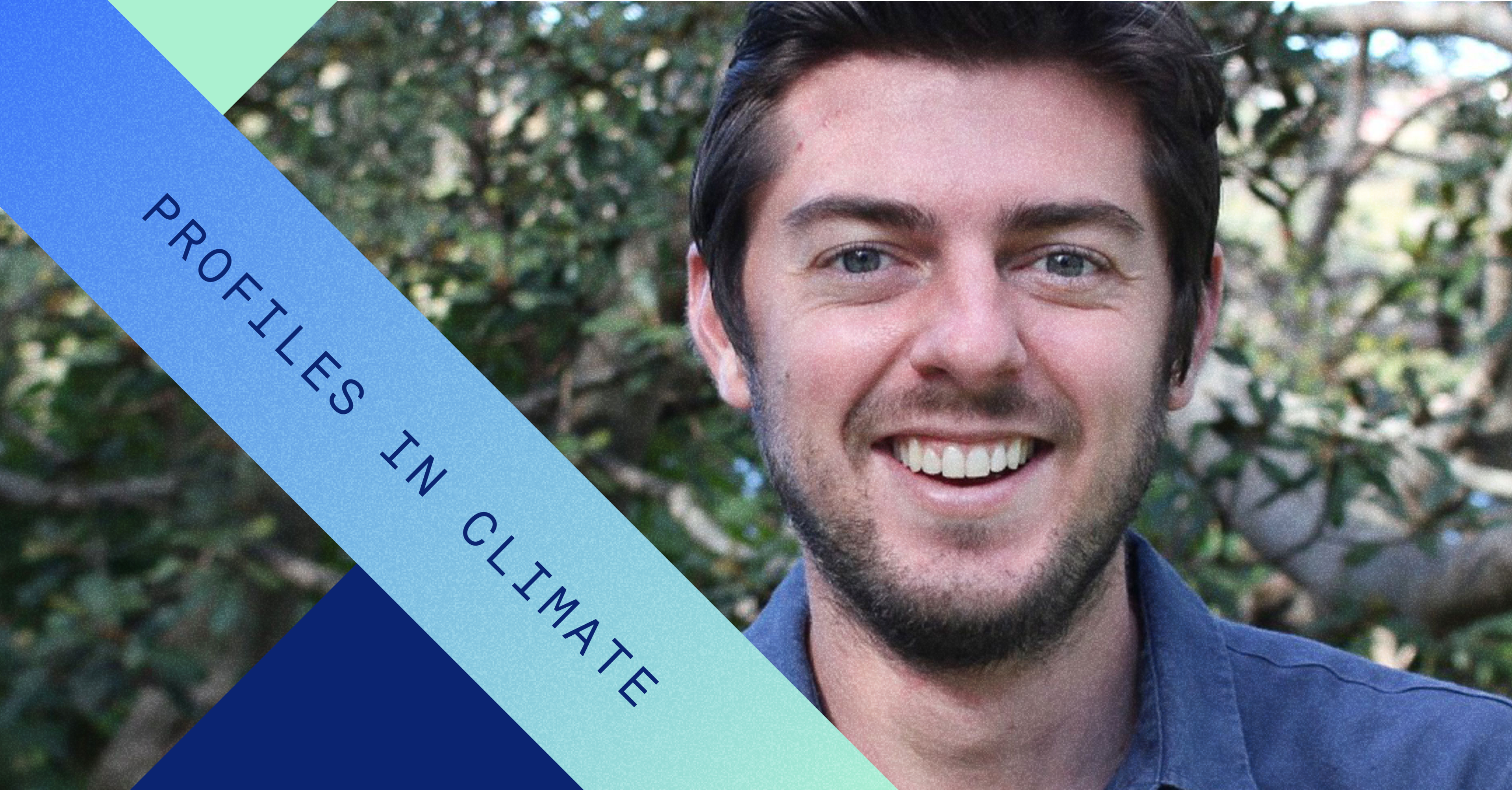This is a blog series about Climate Leads—the internal champions driving decarbonization initiatives within their companies.
Lilian Liu is Associate Director of Sustainability at Braze, a comprehensive customer engagement platform that powers memorable and relevant interactions between consumers and the brands they love. As of October 31, 2022, the company had nearly 1,500 full time employees in eight offices across the globe.
Lilian recently reflected on lessons from her first year at Braze in this GreenBiz article, and we learned so much that we asked her to sit down to answer a few more questions.
Tell us about your career path. How did you start working on climate?
I've been in the impact space for more than a decade. I was born and raised in Sweden but grew up frequently visiting China, and that clash of societies initially drove my interest in sustainable development. After college, I started working in sustainable fashion in China, helping brands and designers to reduce textile waste. During graduate school, I worked for an organization doing supply chain assessments on the ground in Brazil. This all led me to a role managing partnerships at the United Nations Global Compact, where I developed thought leadership and guidance to help companies achieve the UN’s Sustainable Development Goals.
After many years in non-profits, I moved into sustainability strategy consulting at Futerra, where I got to do creative sustainability-oriented work with a lot of different corporate sustainability teams. I loved the fast pace of working with tech companies and working on climate issues, and that insight led me to Braze. I really believe in the economic power of companies as a vehicle for combating climate change, and I’m excited to be where I am.
How do you convince people that climate work is key to a successful business?
“Top-down support and having an executive sponsor are really important, because climate work requires cross-org attention.”
Lilian Liu
I focus on what people are responsible for and then connect these motivations to our climate priorities. If you understand what’s making someone scared or nervous about your initiative, you can work towards a solution that considers their resistance. For example, if there’s concern about swapping out a vendor that is highly regarded for stability and performance for a “greener” vendor that won’t match those qualities, then you know that the task is to showcase how the new vendor will provide greater stability. In business, I find this type of stakeholder engagement to be more effective than the moral argument that climate is just “the right thing to do”.
What keeps you optimistic about the future?
A couple things:
First, jobs in climate are becoming more mainstream and exciting to candidates. People contact me every week asking for advice on how to get into the climate space, often looking to transition from totally different disciplines. Climate is cool now! Also, previously there were mainly two jobs in climate: sustainability consultants and working on climate internally at a company; now, there are so many different types of jobs tangentially related to climate and sustainability—ESG finance analysts, supply chain specialists, climate product managers, etc.
Second, it’s cost effective to be green these days. I read recently [in Bloomberg] that in 2022 global investment in clean power was equal to the investment in fossil fuels for the first time. Focusing on climate makes serious business sense and isn’t just fluff.
Where do you go to learn more about climate or hear the latest?
For podcasts: A Matter of Degrees, hosted by Dr. Leah Stokes and Dr. Katharine Wilkinson. I appreciate their science-driven perspective and bringing issues like equity into the climate conversation. How to Save a Planet is a great introduction to a wide range of climate topics.
For reading: GreenBiz, the Guardian’s Down to Earth newsletter, and Grist for its storytelling about community impacts of climate. Also I am a big fan of Naomi Klein’s writing.
What’s your hot take on climate work?
People in my role typically spend a lot of time writing long ESG impact reports. Reporting is an important part of our work for transparency, accountability and unlocking other opportunities, and we are investing time in both SASB (Sustainability Accounting Standards Board) and TCFD (Task Force on Climate-Related Financial Disclosures). When we wrote Braze’s first ESG report, published in November, we focused on highlighting the data and it was just 14 pages. Optimizing the reporting for only what matters most gives us more time to drive impact on the ground!
